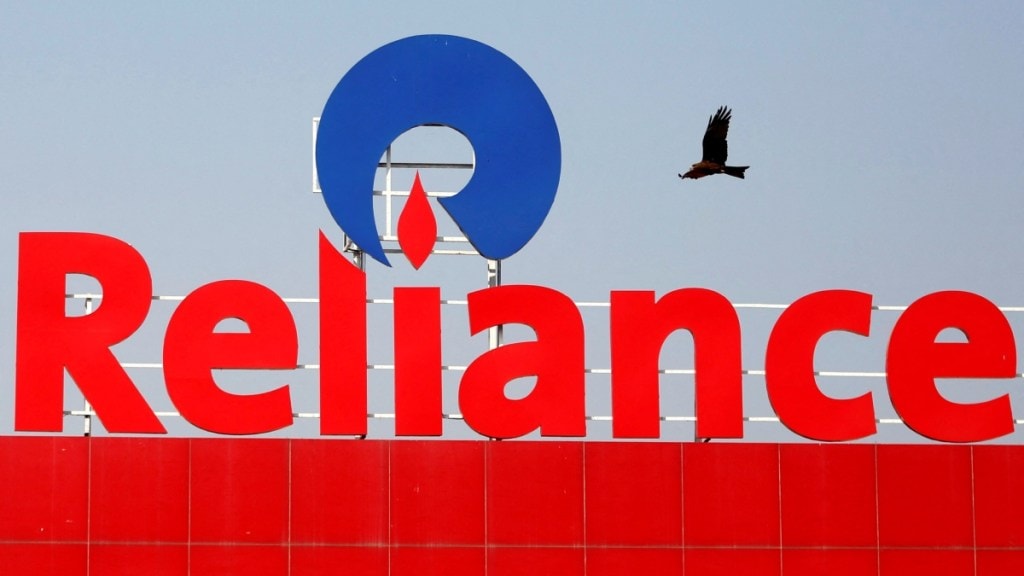In a major relief to Reliance Infrastructure (RInfra), the National Company Law Tribunal’s (NCLT) Mumbai bench has disposed of two separate insolvency cases filed against its subsidiary Mumbai Metro One (MMOPL). The petitions, filed by State Bank of India (SBI) and IDBI Bank, were dismissed due to a debt settlement agreement reached between Mumbai Metro and the lenders, providing relief to RInfra.
This decision holds importance as it paves the way for the Maharashtra government to expedite the acquisition of RInfra’s stake in MMOPL, which operates Mumbai city’s busiest metro. RInfra has been seeking to exit the project since 2020.
The petitions were disposed of in view of a one-time debt settlement (OTS) agreement signed between the parties, RInfra, an Anil Ambani group company, said in a regulatory update.
Mumbai Metro One is a joint venture with the Mumbai Metropolitan Regional Development Authority holding a 26% stake, while RInfra holds the remaining 74%. Launched for public use in 2014, MMOPL manages the city’s inaugural metro line, spanning 11.4 km from Versova to Ghatkopar, serving over 450,000 commuters daily.
SBI had filed a plea under Section 7 (seeking initiation of insolvency proceedings) of the Corporate Insolvency Resolution Process in August 2023 seeking to recover Rs 416.08 crore. This was immediately followed by a similar petition by the IDBI Bank. The lenders were part of a six-member consortium who had financed the Mumbai Metro project.
In an earlier regulatory filing, RInfra had said that the total principle debt of the consortium in Mumbai Metro One was at Rs 1,711 crore.
In April, the Maharashtra cabinet cleared the state government’s plans to acquire RInfra’s 74% stake in MMOPL, valued at ₹4,000 crore.
Last week, the Supreme Court had set aside its own three-year-old judgment that awarded an Rs 8,000 crore payment to an RInfra subsidiary in a dispute with Delhi Metro. The court also asked RInfra to return about Rs 2,500 crore it had already received. The apex court said that the previous verdict caused grave miscarriage of injustice to a public utility which was saddled with an exorbitant liability.


